Namibia
"From the Edge of the Earth - A Reflection of Himba Life"
Cultures & Communities
Ginger Mauney
8/28/2018
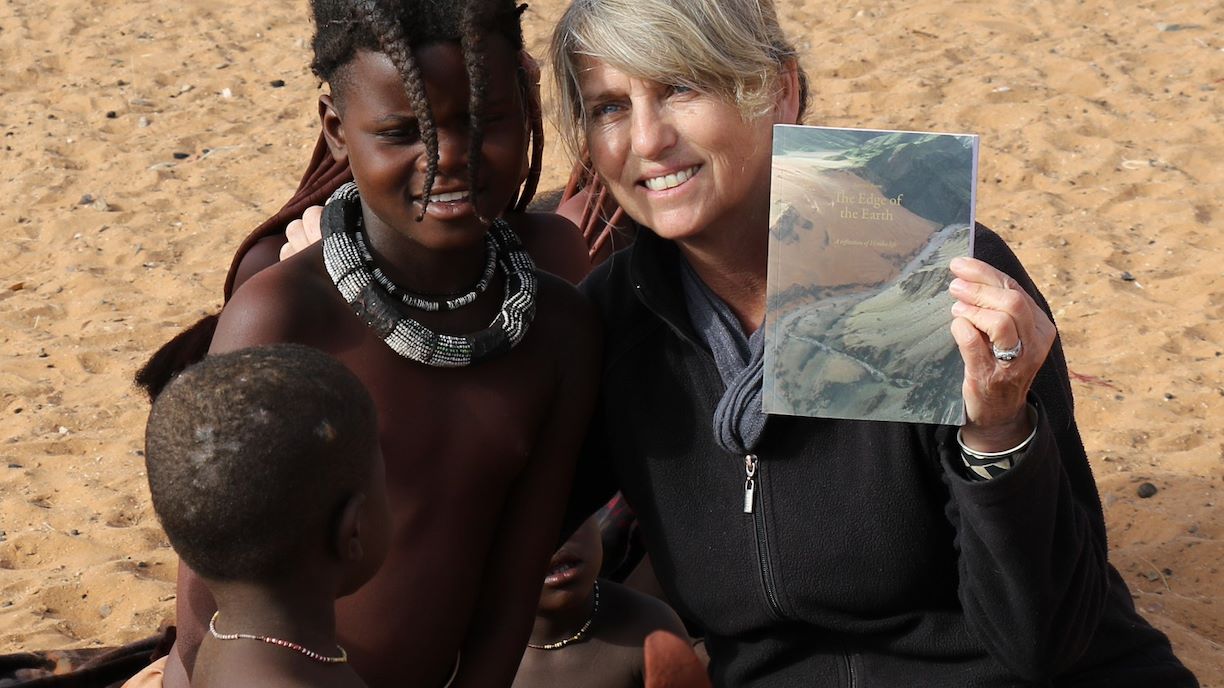
More to discover
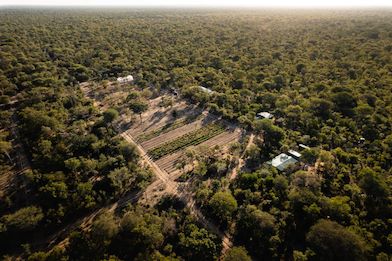
Ngamo: Story of an African farm
It’s a cold and misty morning at Wilderness Davison’s, a remote safari camp in Zimbabwe’s renowned H...
Read moreAndy Wassung
20.06.2025

Selma Benyameni: Stories of Change
From growing up in Namibia to joining Wilderness Rwanda in 2024, Selma Benyameni has had an incredib...
Read moreWilderness Blogger
24.03.2025
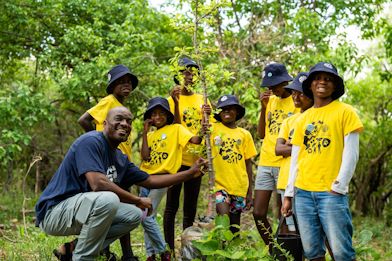
Children in the Wilderness’ profound annual camps
A first-person account of experiencing a Children in the Wilderness (CITW) annual camp and an in-dep...
Read moreTao Varty
28.01.2025
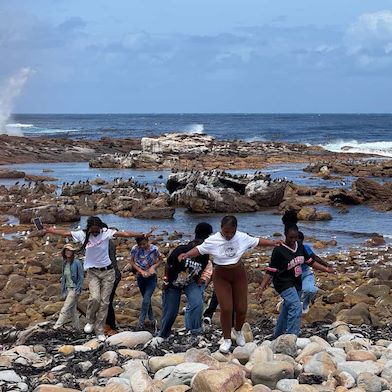
CITW & Ingcungcu join forces for impact
CITW, through Wilderness Touring, supports two schools that have implemented this amazing project th...
Read moreCraig Glatthaar
06.01.2025
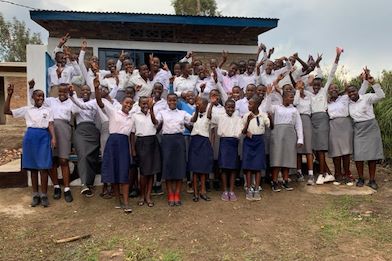
Wilderness Rwanda & CITW facilitate separate bathroom for girls at Rwabiharamba Secondary School
We are very grateful for our donors’ support. Without their contribution we would not be able to mak...
Read moreIngrid Baas
23.10.2024

Let’s plan your next journey
Ready?
When we say we’re there every step of the way, we mean it, literally. From planning the perfect circuit, to private inter-camp transfers on Wilderness Air, and easing you through Customs. We’re with you on the ground, at your side, 24-7, from start to finish. Ready to take the road less travelled? Contact our Travel Designers to plan an unforgettable journey.